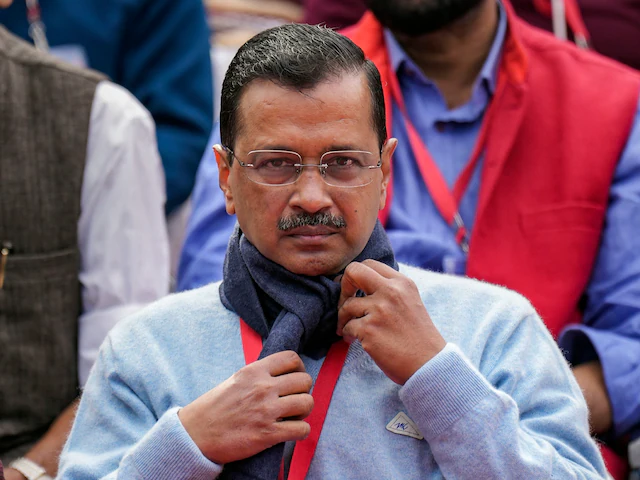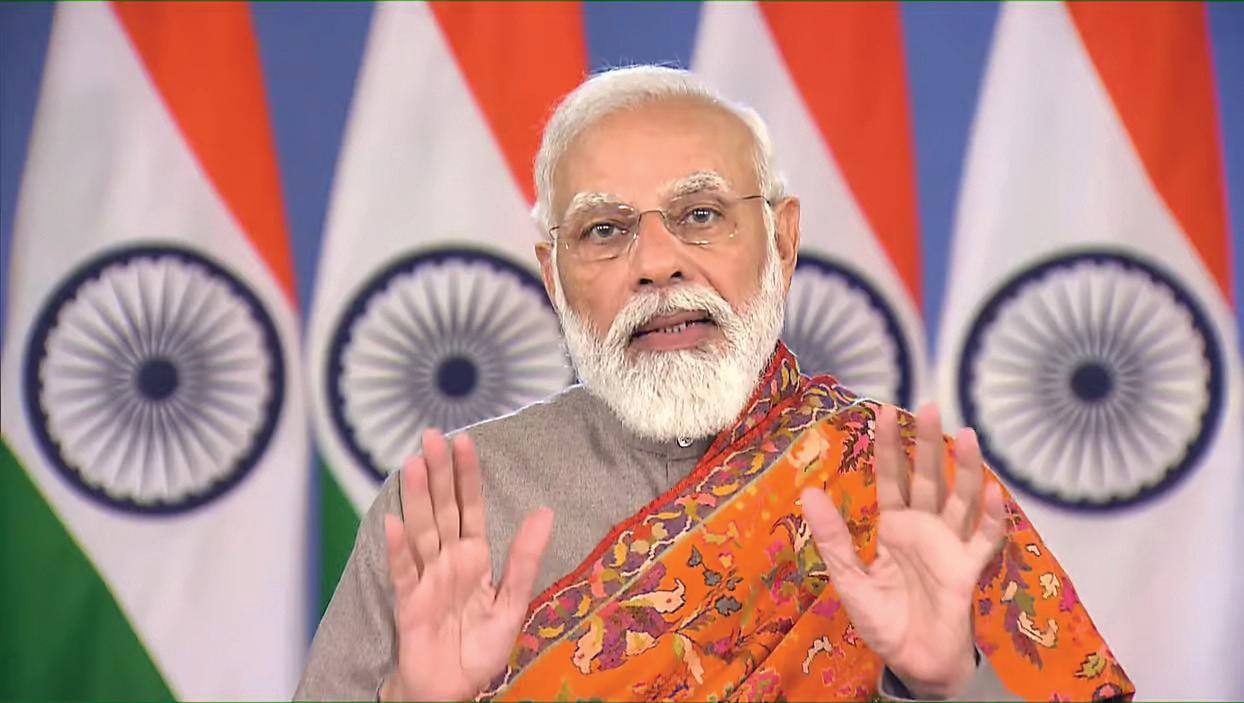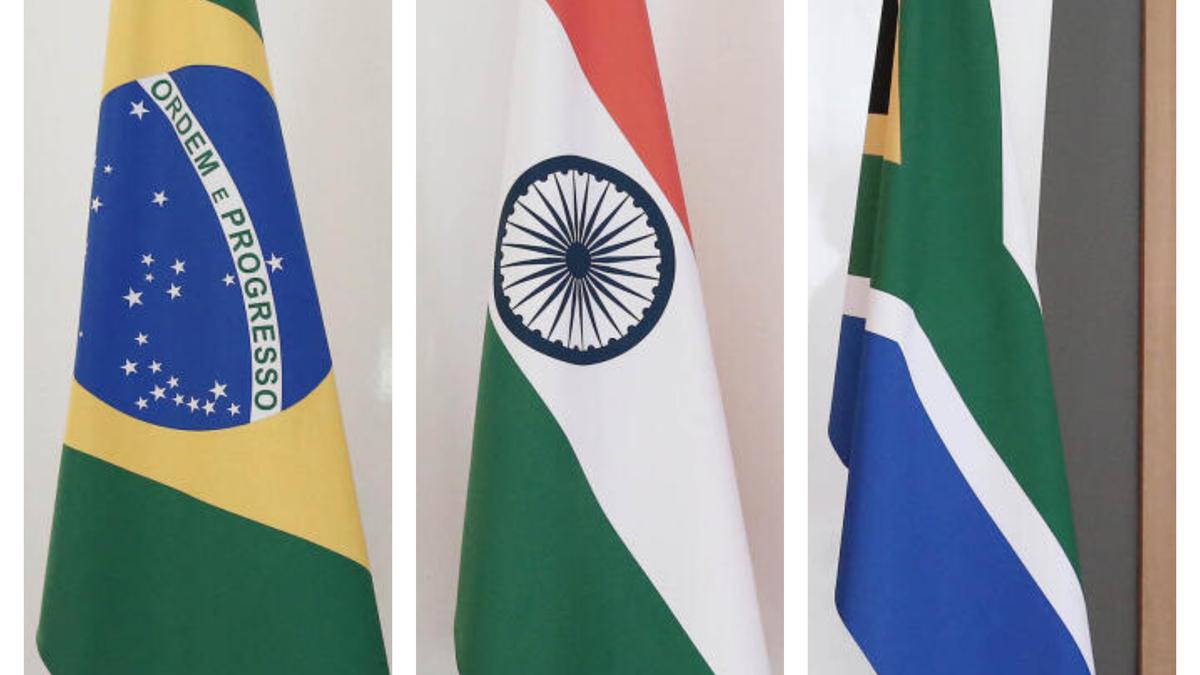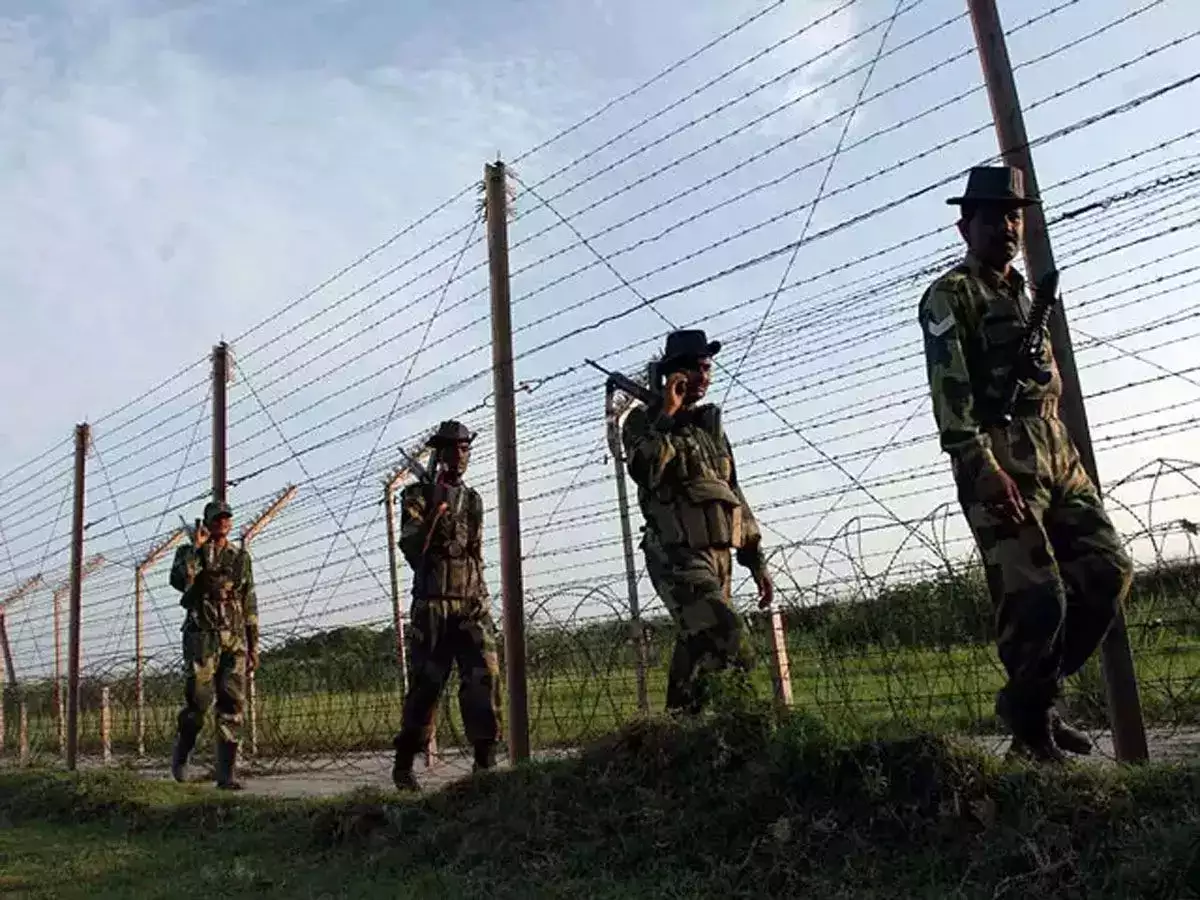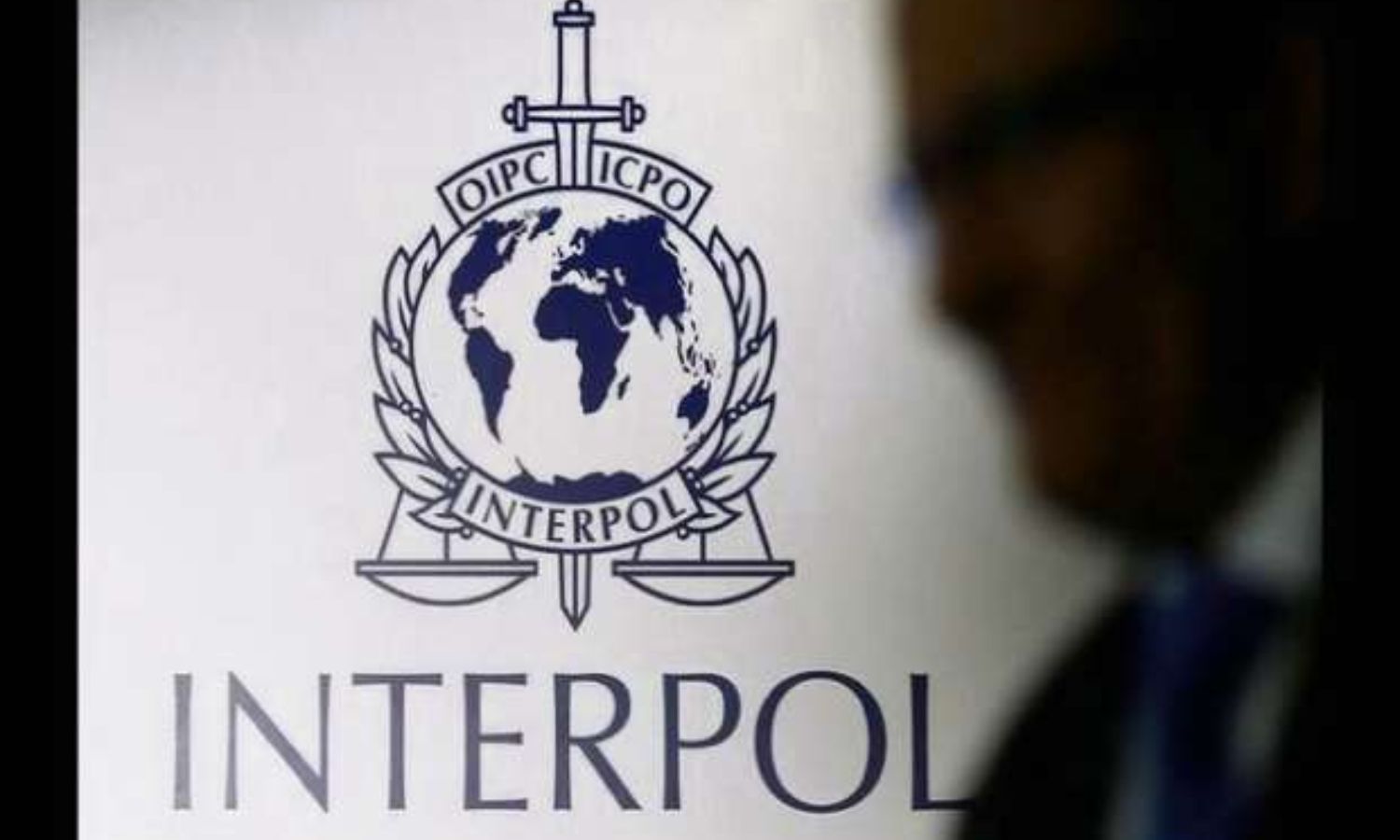The Micro, Small and Medium Enterprises (MSMEs) is a highly vibrant and dynamic sector of the Indian economy with over 6 crores units, providing employment to 11 crores + people which is just next to Agriculture in our Country. The MSMEs are estimated to contribute nearly 30% of the nation’s GDP. Like other sectors, MSME sector has also been adversely affected in terms of productivity during COVID-19. The Government of India has taken several steps as a follow up on recommendations and impact of COVID-19. The Government has a systematic institutional arrangement to promote MSMEs which covers a legislative and regulatory framework. Due to these efforts, once again, MSMEs are widening their domain across sectors to meet demands of domestic as well as global markets.
The legislature, with an objective of facilitating the promotion & development and enhancing the competitiveness of MSMEs enacted the Micro, Small and Medium Enterprises Development Act (MSMED Act) on 16th June, 2006. The Act provides for several privileges/ benefits for the micro, small and medium enterprises who file the memorandum and register itself with the government. Chapter IV of the Act provides for the measures for promotion, development and enhancement of competitiveness of Micro, Small and Medium Enterprises. Chapter V deals with the mechanism of adjudicating the delayed payment disputes of Micro and Small Enterprises through Facilitation Councils by adopting the Alternative Dispute Resolution processes. Any supplier who had supplied the goods or rendered any service to a buyer is entitled to receive the payment on time and in case of non-payment or delayed payment, the suppliers can approach the Facilitation Council of their respective State. However, the MSMEs who had entered into a work contract require vigilance and legal awareness before entering into such contracts as generally they are not rendered the benefits of the MSMED Act. Hence, works contract is an exception. This write-up is focused on Works Contract, its characteristics, exclusion from the ambit of Act and way ahead.
“WORKS CONTRACT” AND ITS CHARACTERISTICS:
Work Contract is a separate species of contract distinct from contracts for services simpliciter recognized by the world of commerce and law. Simply put, a works contract is essentially a contract of service which may also involve supply of goods in the execution of the contract. In a general sense, a contract of works, may relate to both immovable and immovable property. Example- if a sub-contractor, undertakes a sub-contract for the building work, it would be a works contract in relation to immovable property. Similarly, if a composite supply in relation to movable property such as fabrication/painting/annual maintenance contracts etc. is undertaken, the same would come within the ambit of the broad definition of a works contract. Even if in a contract, besides the obligations of supply of goods and materials and performance of labour and services, some additional obligations are imposed, such contract does not cease to be works contract. The additional obligations in the contract would not alter the nature of contract so long as the contract provides for a contract for works and satisfies the primary description of works contract. The term “works contract” cannot be confined to a contract to provide labour and services but is a contract for undertaking or bringing into existence some “works”.
The Constitutional Bench of the Hon’ble Supreme Court (SC), over-ruling the earlier decision of three-member Bench re State of A.P. v. Kone Elevators (India) Ltd., has held that the activity of manufacture, erection, installation and commissioning of lift is indeed a ‘works contract’ and not a ‘contract for sale of goods’. The basic characteristics of works contract that clearly emerge out of the various decision of Apex Court are –
(a) the works contract is an indivisible contract but, by legal fiction, is divided into two parts, one for sale of goods, and the other for supply of labour and services;
(b) the concept of “dominant nature test” or, for that matter, the “degree of intention test” or “overwhelming component test” for treating a contract as a works contract is not applicable;
(c) the term “works contract” as used in Clause (29A) of Article 366 of the Constitution takes in its sweep all genre of works contract and is not to be narrowly construed to cover one species of contract to provide for labour and service alone;
The Larger Bench of the SC in the case of M/s Kone Elevators India Pvt Ltd v. State of Tamil Nadu held that a contract for supply and installation of lift is a composite contract for supply of goods as well as provision of service and that the service element is obvious is such a contract. Thus, the activity of supply and installation of lift would constitute to be a works contract. The Larger Bench, thus, reversed its earlier decision based on the logic that the major component was the lift and that the skill and labour employed was only incidental to the supply of lift and that this is a contract for sale of goods.
EXCLUSION OF WORKS CONTRACT FROM THE AMBIT OF MSMED ACT:
The benefits of the MSMED Act and Public Procurement Policy could not be extended to the MSEs registered under the MSMED Act. Works contract are excluded from the ambit of MSMED Act and there are various judicial pronouncements by several High Courts regarding the same. The Bombay High Court in case of Sterling Wilson Pvt Limited v. Union of India & Ors. held that the contract under tender is a composite contract for supply of goods as well as installation of fire water spray system, which is a permanent fixture. The goods supplied under the contract are eventually assembled and installed at site and become part of the permanent fixture. The said contract satisfies fundamental characteristics of work contract and hence cannot be considered as a contract simplicitor for sale of goods and services. As stated earlier, the MSMED Act and the Public Procurement Policy is applicable only to procurement of goods and services. The contract under tender not being a contract for sale of goods and predominantly a work contract, the benefits of the Act and the Policy could not be extended to the MSEs registered under the Act.
In another case of PL Adke v. Wardha Municipal Council, Bombay High Court held that the MSMED Act contemplates supply of goods, purchase of goods, and rendering an acceptance of services. In the present case, having coming to the conclusion that it is a works contract and being indivisible and absent the need to deconstruct the contract into its components of sale supply and performance of labour related work it is evident that the MSMED Act cannot be made applicable.
The Allahabad High Court in M/s Rahul Singh v. Union of India & Ors. also reiterated this view. It further held that no provision of the 2006 Act bids us to deconstruct a works contract into elements relating to supply of goods and provision of service. Neither section 11 nor the Public Procurement Policy, 2012 appears to envisage a composite and distinct category.
The Andhra Pradesh High Court very recently in case of Rashtriyalspat Nigam Limited v. The Union Of India discussed that it can be very clearly seen from the figures submitted by the respondent-contractor himself that a very very large percentage of the work or the predominant part of the work is civil and structural work only. Supply element is a small part. The High Court lastly held that the Act 27, 2006 would not apply to the works contracts which were awarded by the Visakhapatnam Steel Plant in these cases by a process of tender. Some element of supply is involved in these works and that by itself is not enough for this Court to hold that the stand of the respondents is correct.
These all pronouncement makes it clear that the works contract are kept outside the ambit of MSMED Act, 2006 as the same are composite and indivisible. However, the judgement passed by Bombay High Court in case of PL Adke (Supra) has been challenged before the Supreme Court vide Special Leave Petition bearing SLP (C) No.4970 of 2021 and the same is pending. Arguments completed on 15.02.2022 in the said Special Leave Petition and judgment is reserved since February, 2022.
WAY AHEAD:
It is very difficult to offer the benefits of MSMED Act to works contract, since a works contract is composite, continuous and indivisible, and ascertaining the appointed date or a date of acceptance is next to impossible. Although the other financial benefits vide schemes, subsidy etc can very well availed by the enterprises. Most MSMEs are not wary of this distinction and sign contracts without due diligence. Although the issue is now pending before the Supreme Court, amid this, the Calcutta High Court has passed an interesting order just few days back. The Calcutta High Court in case of NBCC (India) Ltd. v. The State of West Bengal and Ors., has held that objections regarding the non-applicability of the MSMED Act to works contract can be decided in arbitration by MSME Council. The Division Bench of Chief Justice Prakash Shrivastava and Justice Rajarshi Bharadwaj upheld the order of the Single Bench whereby the petitioner was referred to arbitration before the MSME Council with a direction that his objection regarding the non-applicability of the MSMED Act as the contract was a works contract would be decided by the Arbitral Tribunal.
Although the Suppliers can take help of this ruling of Calcutta High Court at time of filing of reference before the Facilitation Council and can explore the possibilities of conciliation, yet, it is advised that the MSMEs while entering such works contract must incorporate the provisions of dispute resolution mechanism. Further, the MSMED Act also needs a clarification on the same. The construction activities mostly fall under works contract, yet, the contractors register themselves under MSMED Act under Section F, Division 41 to 43 of the NIC code. But it would not serve its real purpose if they cannot avail the benefit of Procurement Policy or recovery mechanism under the Act as it is a beneficial legislation. The Government while making any decision or giving any clarification cannot ignore the aspect that MSME-registered service enterprises, in specific works contracts are the second largest employers in India. Therefore, it will be interesting to see whether the works contractors can also earn the benefits of MSMED Act in near future.
(The Author is Legal Consultant based in Chandigarh and views are personal.)
One of the very first cases referred to Project Monitoring Group (PMG) by the Prime Minister’s Office was related to an investment of about Rs 2,000 crore that had been made around the Delhi airport to set up an Aero-City that housed a number of hotels. This was not coming to fruition because of certain security concerns expressed by the local police.
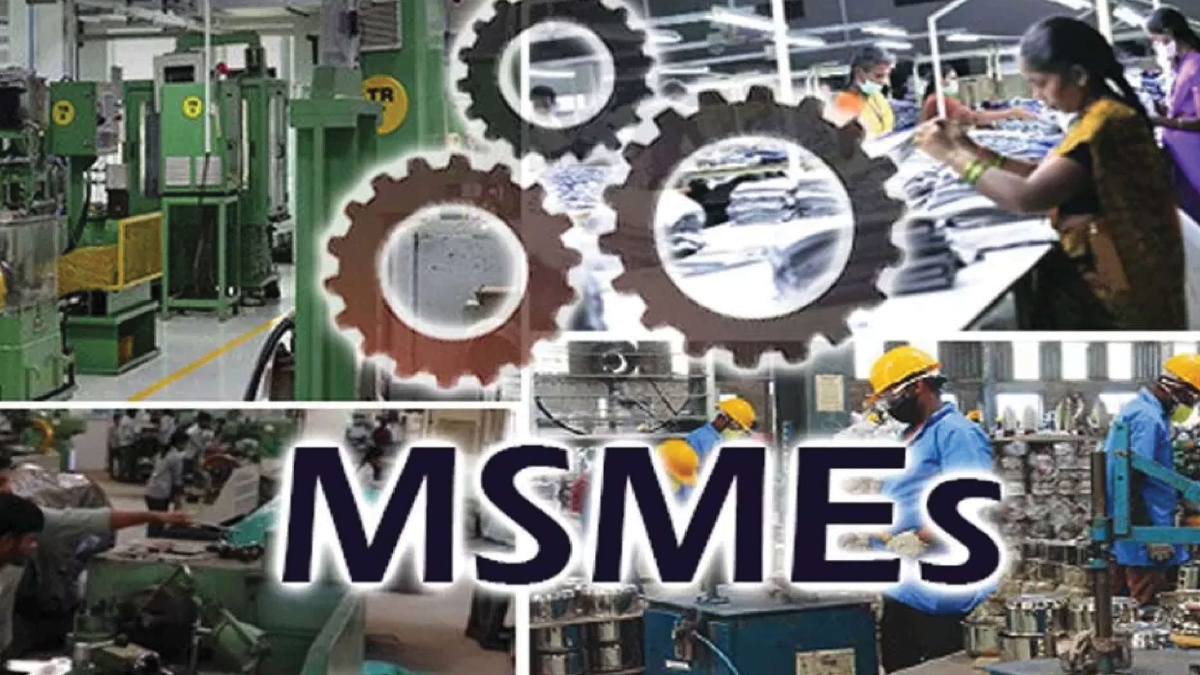

 Opinion3 years ago
Opinion3 years ago
 Entertainment8 years ago
Entertainment8 years ago
 Entertainment8 years ago
Entertainment8 years ago
 Fashion8 years ago
Fashion8 years ago
 Opinion4 years ago
Opinion4 years ago
 Entertainment8 years ago
Entertainment8 years ago
 Politics8 years ago
Politics8 years ago
 Entertainment8 years ago
Entertainment8 years ago
